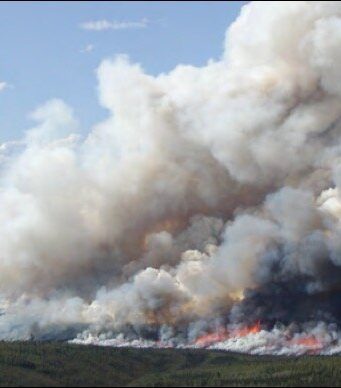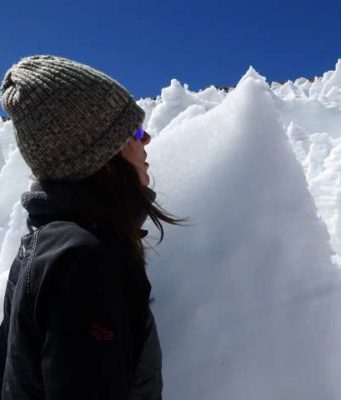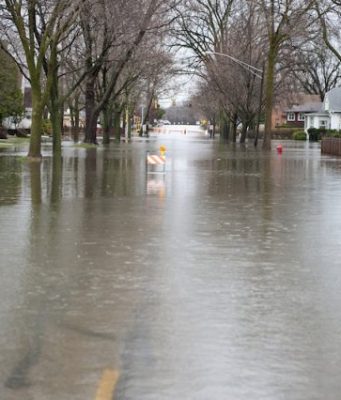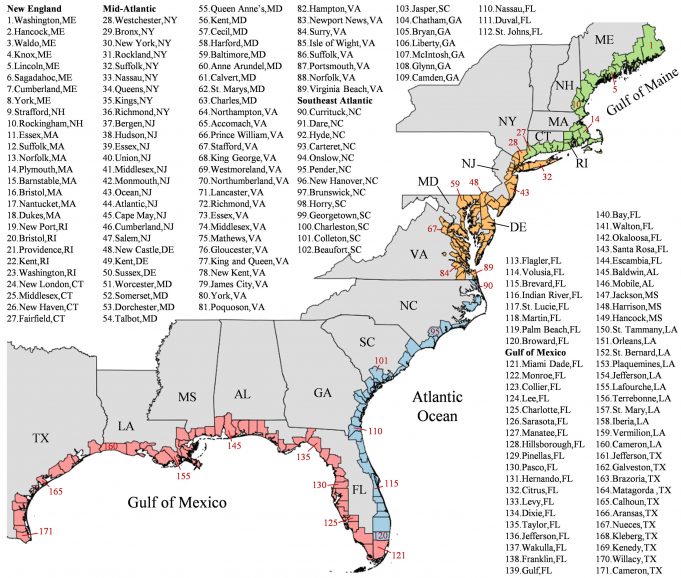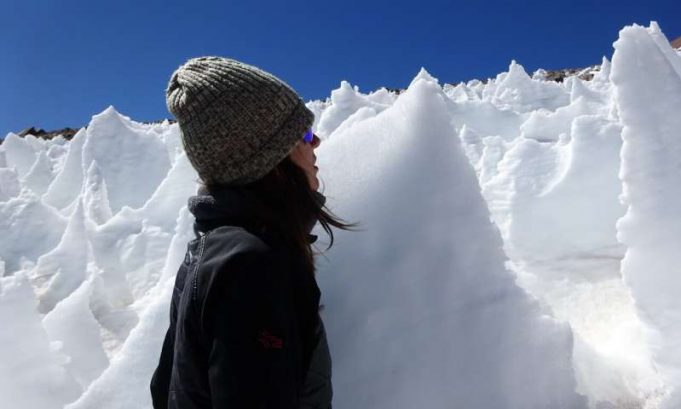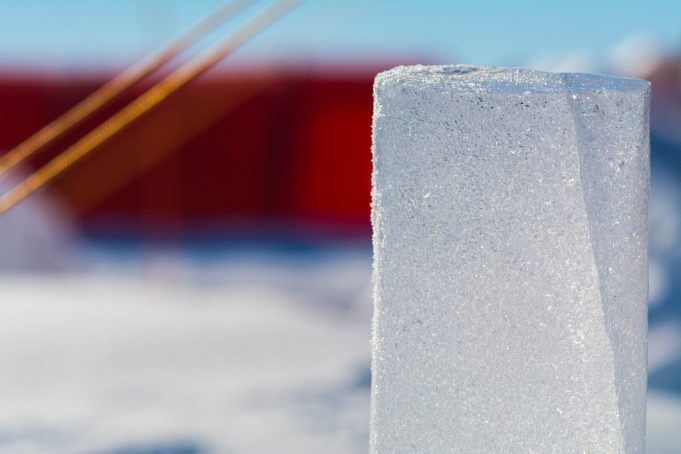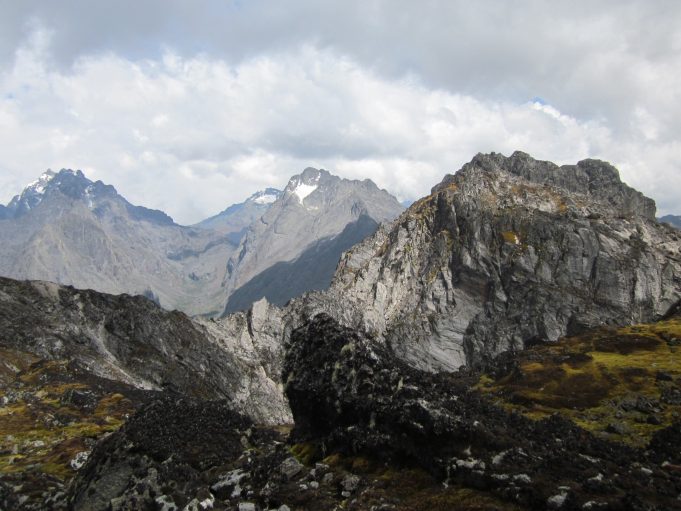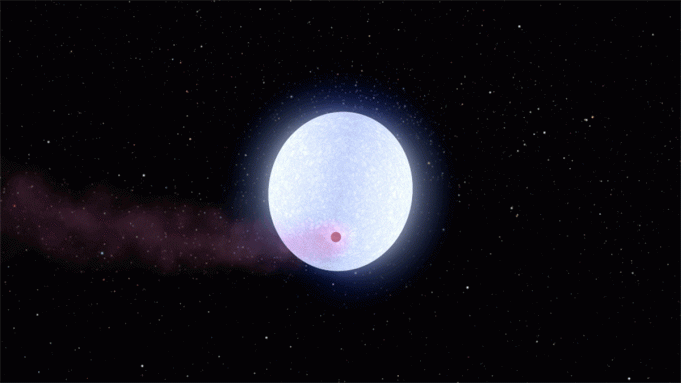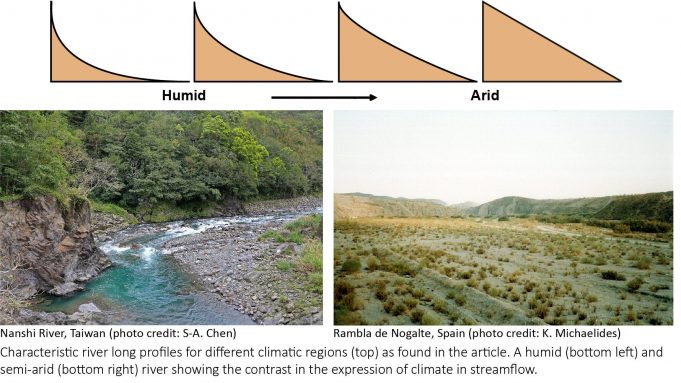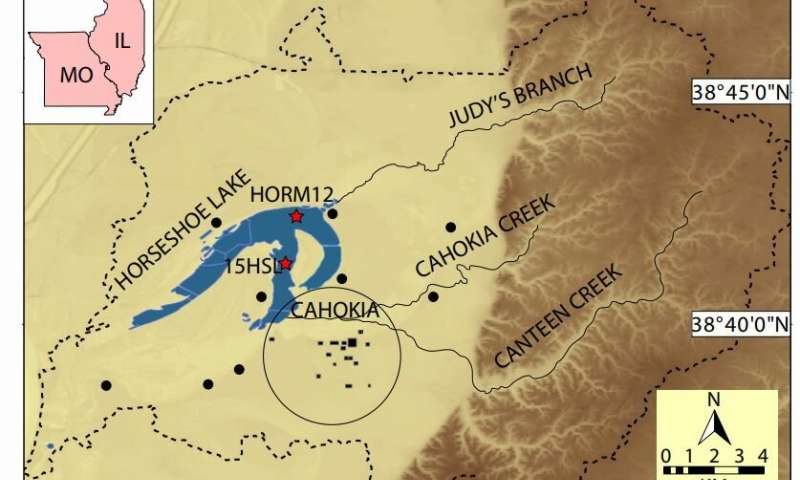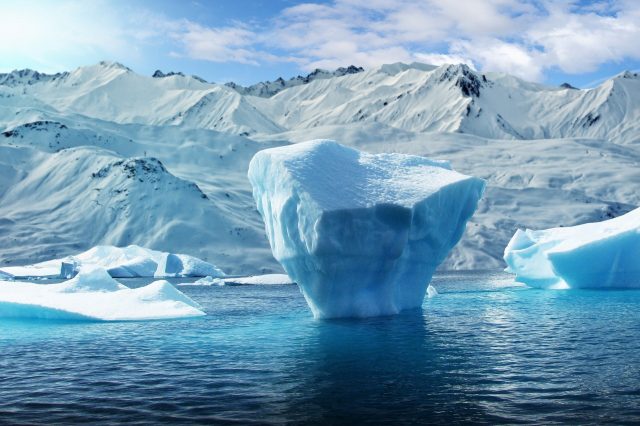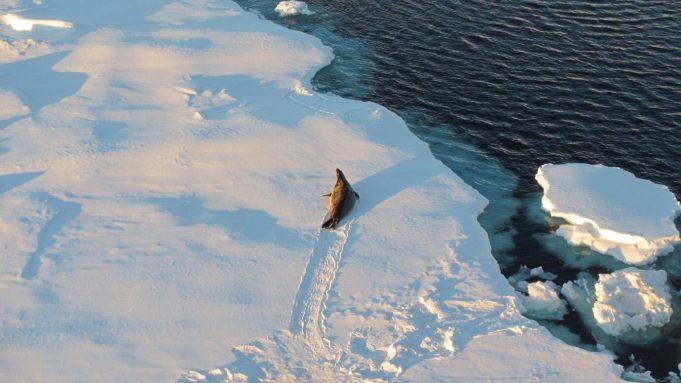A 100-year flood is supposed to be just that: a flood that occurs once every 100 years, or a flood that has a one-percent chance of happening every year.
But Princeton researchers have developed new maps that predict coastal flooding for every...
High in the Andes Mountains, dagger-shaped ice spires house thriving microbial communities, offering an oasis for life in one of Earth's harshest environments as well as a possible analogue for life on other planets.
The distinctive icy blade formations known...
Rising ocean temperatures drove the melting of Antarctic ice sheets and caused extreme sea level rise more than 100,000 years ago, a new international study led by UNSW Sydney shows.
Mass melting of the West Antarctic Ice Sheet was a...
Tropical glaciers in Africa and South America began their retreat simultaneously at the end of the last ice age about 20,000 years ago, according to a Dartmouth study.
The finding of synchrony in ice retreat across the global tropics clarifies...
In the scorching atmosphere of exoplanet KELT-9b, even molecules are torn to shreds.
Massive gas giants called "hot Jupiters"—planets that orbit too close to their stars to sustain life—are some of the strangest worlds found beyond our solar system. New observations show...
Nations' failure to fulfil the promises they made in the Paris climate agreement to make drastic emissions cuts could cost the global economy as much as $600 trillion this century, new analysis showed Tuesday.
Under the landmark 2015 accord, countries...
For decades geoscientists have been trying to detect the influence of climate on the formation of rivers, but up to now there has been no systematic evidence.
A new study, led by scientists from the University of Bristol and published...
A new study shows climate change may have contributed to the decline of Cahokia, a famed prehistoric city near present-day St. Louis. And it involves ancient human poop.
Published today in the Proceedings of the National Academy of Sciences, the...
Scientists claim to have found the 'missing link' in the process that leads to an ice age on Earth.
Melting icebergs in the Antarctic are the key, say the team from Cardiff University, triggering a series of chain reactions that...
By analysing sediment cores from the bed of Europe's oldest lake, an international team of scientists has created a detailed climate history of the north-central Mediterranean stretching back 1.36 million years—and revealed the climate mechanism that has driven winter...
We've known for years that Earth's climate is like a giant Rube Goldberg machine: Pull one lever, and a massive chain of events starts into motion. Yet many of the steps that drive these changes have remained shrouded in...


